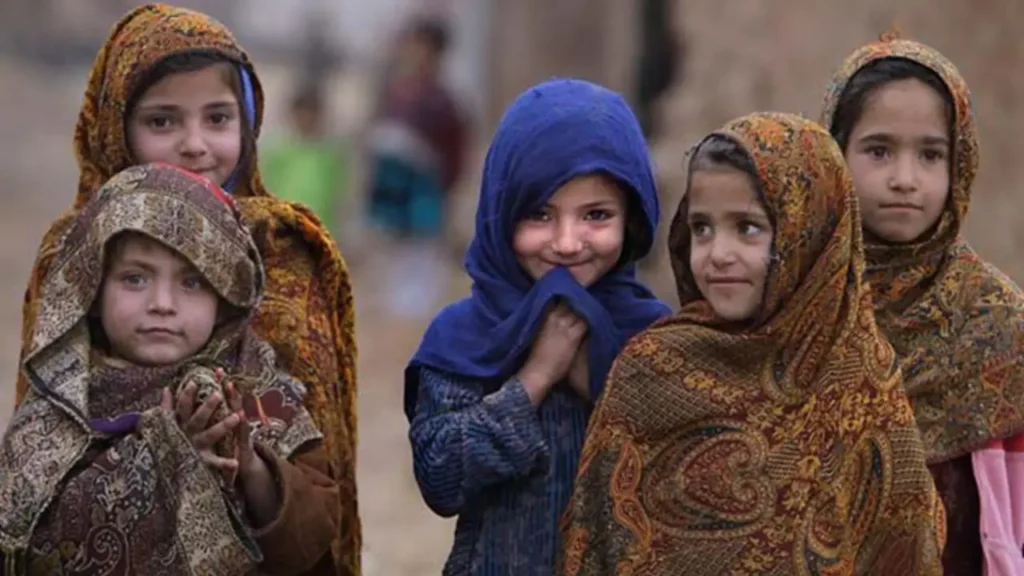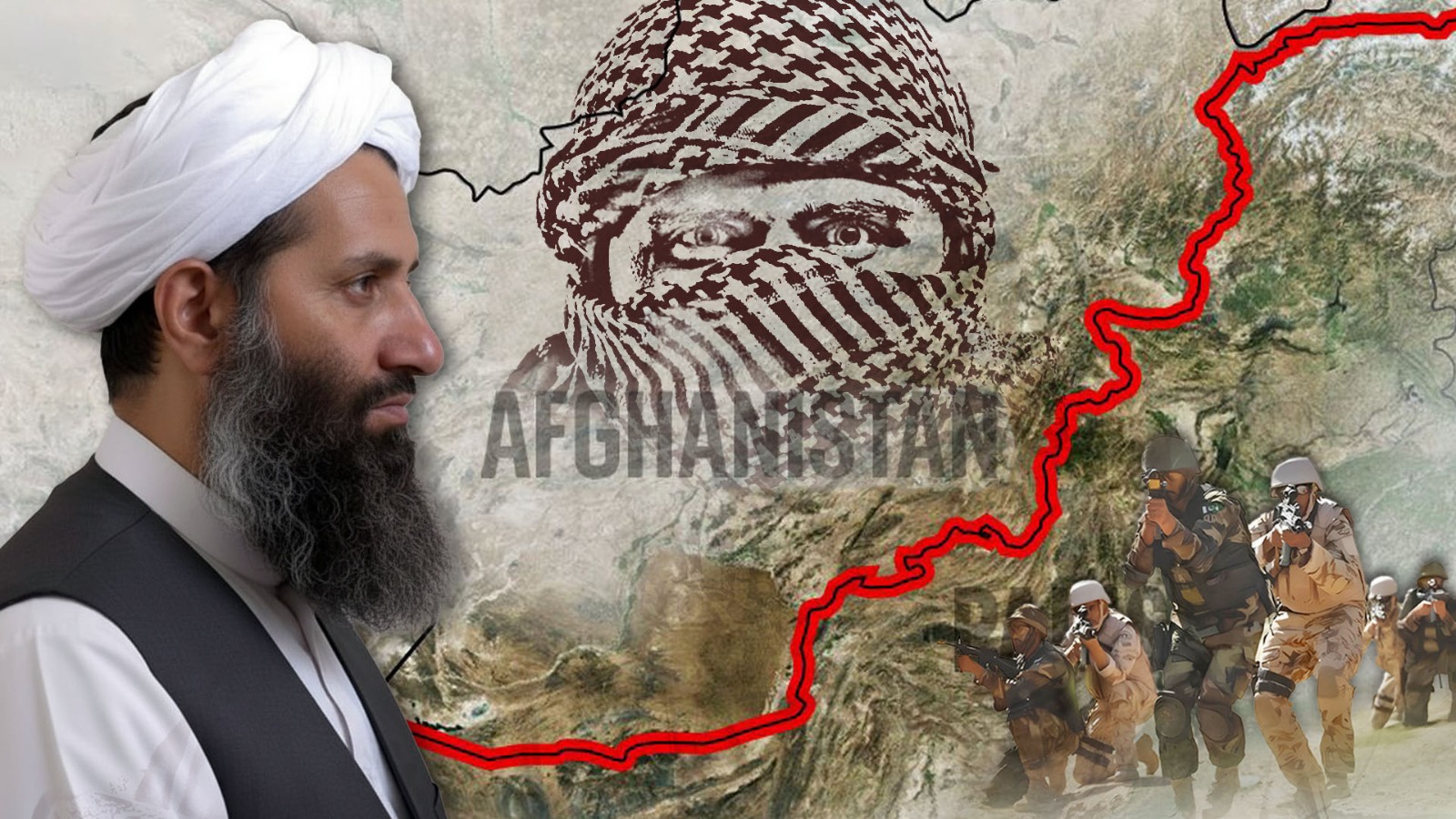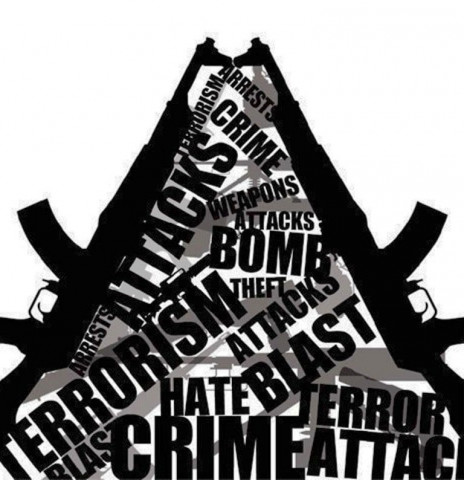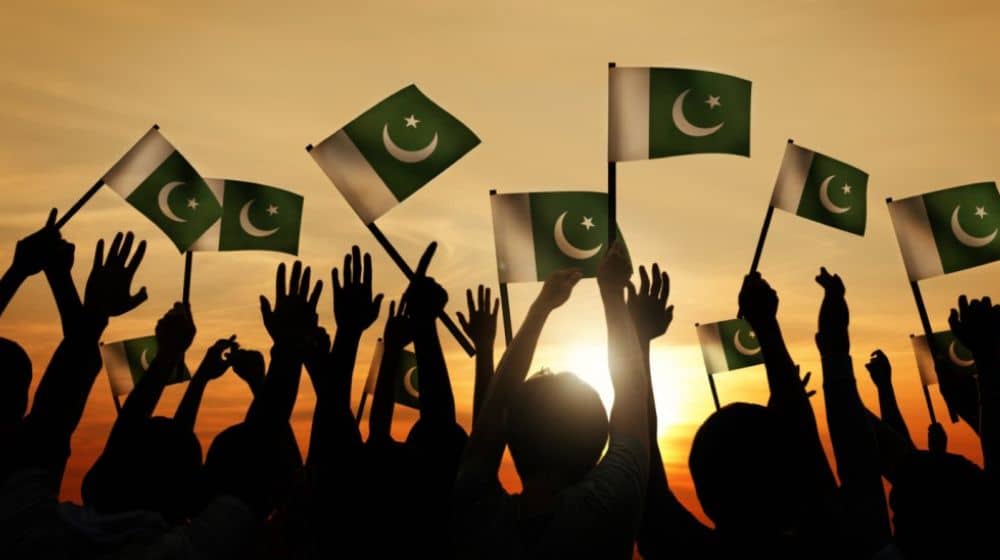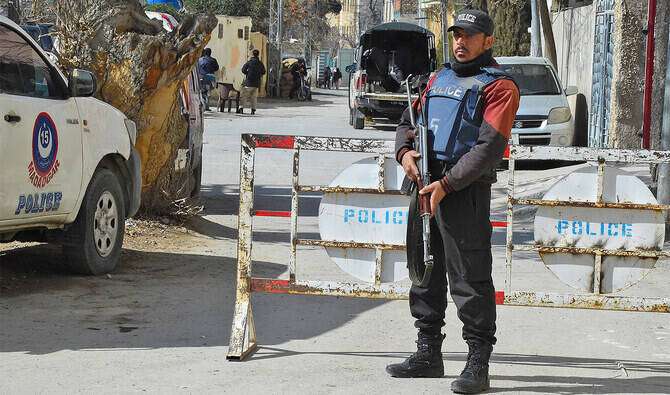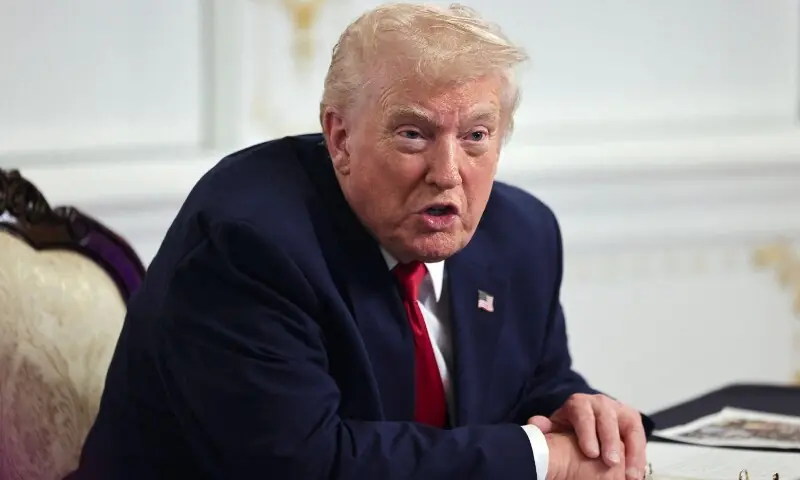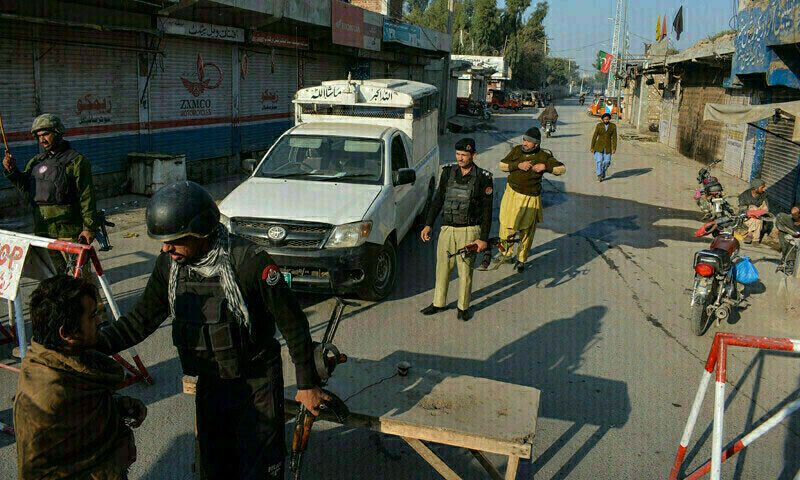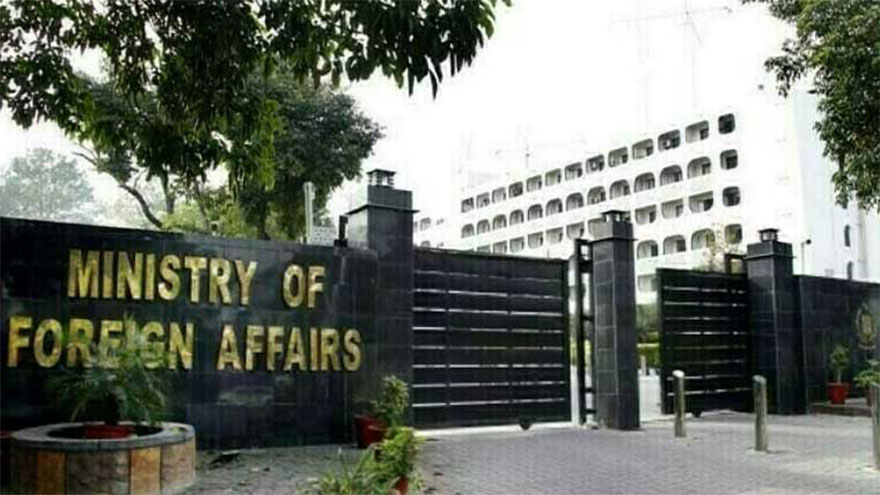In the rich and resilient tapestry of Pakistan’s national identity, the Pashtun people form one of its strongest threads. From the icy peaks of Swat to the bustling streets of Peshawar, Pashtuns have long stood at the frontlines, defending the country’s borders, serving in its highest offices, and contributing in every sphere of national life. They are not outsiders to the idea of Pakistan; they are its living strength, its steadfast protectors, and a reflection of its diverse unity.
From General Ayub Khan, Pakistan’s first military ruler, to countless others who have worn the uniform with honor, Pashtuns have led the charge in some of the nation’s most difficult moments. They have stood tall in the ranks of the armed forces, the judiciary, the civil service, and even international diplomacy. Their names are etched not just in history books but in the collective consciousness of the nation. Whether it is military valor, judicial excellence, business leadership, or political contribution, Pashtuns have been central to the story of Pakistan.
Khyber Pakhtunkhwa, the heartland of the Pashtun population, has endured more than its fair share of suffering due to terrorism. For nearly two decades, the province remained a frontline in the global war on terror. Villages were shattered, schools destroyed, and thousands of innocent lives were lost. And yet, the people of the region did not turn against the country. They stood firm, resilient, not rebellious. The blood they shed was not a symbol of ethnic grievance but a testament to their unbreakable bond with the homeland. Their sacrifices are not to be weaponized; they are sacred chapters in the national story.
Pashtuns are not confined to a single region or identity. They are visible and thriving in all arenas of Pakistan’s development. From judges serving in the Supreme Court to entrepreneurs running national businesses, from political leaders in parliament to educators in rural schools, Pashtuns rise with the country, not against it. Their success is not born from separation but from inclusion, not from exclusion but participation. Any narrative that paints Pashtuns as alienated or marginalized is both misleading and dangerous. It underestimates their deep connection with the idea of a united, sovereign Pakistan.
In recent years, however, certain voices have tried to distort this unity. The Pashtun Tahafuz Movement (PTM), which began as a platform highlighting real concerns, has drifted toward political opportunism. The group remains conspicuously silent when innocent Pashtuns are killed by foreign forces, yet becomes loud when it suits a political agenda. This selective outrage does not serve the cause of justice; it serves division. Resistance without honesty is not patriotism, it is betrayal. To claim to represent the Pashtuns while ignoring their sacrifices and misusing their pain is to insult the very people one claims to protect.
The state’s war on terror is not an ethnic war, it is a war for every Pakistani, regardless of language or tribe. The idea that it targets one group over another is a dangerous fabrication that benefits only those who want to see Pakistan divided. Terrorism does not ask for ethnicity before striking. Its victims come from every background. And so must the response. Unity in the face of extremism is not an option; it is a necessity. In this war, our strength lies not in tribal slogans but in shared purpose.
The future of Pakistan depends on strengthening the bonds that unite us, not feeding the fears that divide us. Pashtuns have never needed to prove their loyalty to Pakistan, it is written in the sacrifices of their sons, the service of their daughters, and the spirit of their people. The attempts to drive a wedge between them and the rest of the country insult not only their history but the very essence of Pakistan’s unity.
It is time to reject narratives that profit from pain and division. It is time to honor the truth, that Pashtuns are not a fringe element; they are foundational. Their place in Pakistan is not one of opposition, but of ownership. Those who exploit their grievances do not speak for the people; they speak for their own ambition. Real loyalty is measured not by how loudly one protests, but by how sincerely one participates in the nation’s progress. And in that progress, the Pashtuns are not just a part, they are the pulse.

